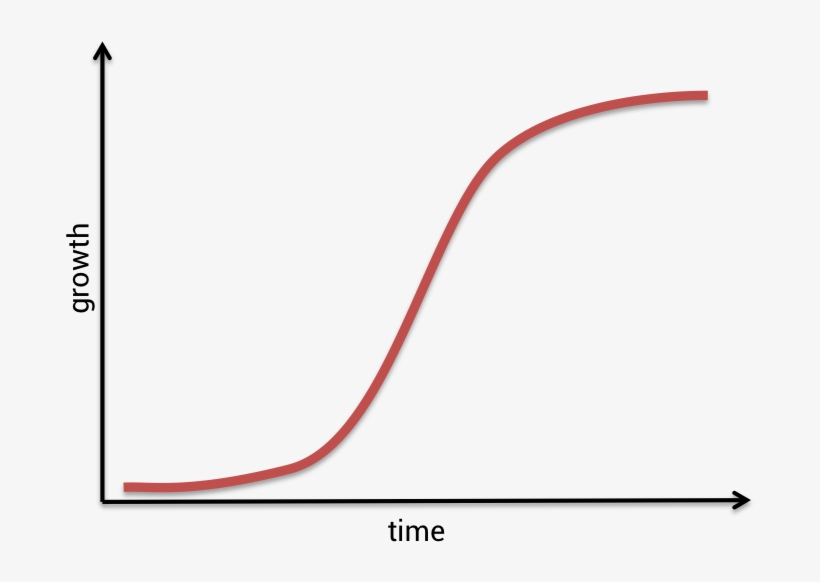Why Is India Ready For EV
Published on January 1, 2020
Recently, the CEO of Tesla, Elon Musk, replied to a tweet concerning the expansion of Tesla in India with “Next year for sure”. This tweet has led many EV enthusiasts to speculate as to what exactly Tesla is planning to do and when it will make an official announcement. It is widely known that Tesla has had preliminary talks with the Karnataka Government back in September 2020 to set up an R&D facility there but there is no official word yet. While experts discuss if Tesla will indeed come to India, let us see why India is in fact ready for a powerhouse electric vehicle company like Tesla.

Indian Policies
When Tesla initially tried to penetrate the Indian market, it observed that India was just getting on board with the EV revolution and had miles to go before EVs became a mainstream. However, with appropriate policies in place like the FAME, India is positioning itself in favour of electric vehicles. The Indian government is now providing subsidies (hyperlink to our subsidies article) to electric car manufacturers and also working to put up charging stations in cities all over the country. India is not only supporting electric car manufacturers but also electric car buyers by reducing taxes, deducting interests on loans and much more. The state governments (hyperlink to states) are also showing their support by reducing road tax and registration fee, providing waivers and credits. Each state has its own additional incentive in place to promote electric vehicles. Therefore, it is only a matter of time that a giant like Tesla will make use of these policies.

Technology S-curve
EVs have been creeping up on the s-curve of technology for quite some time now. We’re all aware about the fact that when a new technology hits the market, the growth is initially much slower. But, then a certain breakthrough takes place and the growth of this technology reaches a new boom. This pattern was followed by so many technologies that we currently use on a daily basis. The internet has been around since the 1980s but it was only accepted into the routine lives of users after the 2000s and now the internet has become a necessity. Similarly, Artificial Intelligence was a term coined back in 1955 but currently we see it being used in retail, banking, academic, medical and so many fields. Artificial Intelligence also followed the same s-curve. Another example of a technology positioning itself into our daily lives after following the same s-curve is mobile phones. When it comes to EV, India is at the brink of getting a breakthrough. Once the breakthrough happens, EVs will follow a similar curve like the internet did. The fuel-powered vehicle market has become saturated. There is a clear technological limitation that such vehicles possess in terms of emission. As the laws regarding pollution and emission get stricter, fuel powered vehicles will start to become more and more obsolete. The same will be aided by the need to protect the environment for the next generations to come. The usability, convenience and reliability of EV is what will draw Indian consumers towards it.

Adaptability
One of the most important reasons why EVs will do well in India is because of its adaptability in the country. There are two ways in which EVs will be easily adapted in the country. Firstly, EVs deliver their best performance in the temperature around 15°C to 27°C which are around the average temperature of the colder and warmer months in the country respectively. And even if the temperature is on the higher side, especially for the interior parts of India, EVs are able perform well in warmer climates as compared to the colder ones. Companies like Tesla have to go above and beyond in order to provide good performance even in colder and sub zero climates. The reason for this is that the electrolyte fluids in the battery become more sluggish as the temperature drops. And to account for the lack of heat produced by the car as compared to fuel-powered cars, EVs have to salvage the heat from other parts of the car like the motors, inverters or a heater. This means that some power of the EV is used up in warming up the battery and car and hence there is a certain amount of power loss. On the other hand, in a country like India, with a subtropical climate, EVs won’t have to face this kind of a power loss. Basically, EVs are well suited for the temperatures in India and will prove to be very efficient here. Secondly, in India, places are a lot more closer to each other. Indians commute on an average 35 km/day for work and other activities whereas in the USA, this average is over 50 km/day. Why is this important? It’s simple, for every time that you charge the car fully, it is supposed to take you certain kilometers. Since India has a lower commute rate, one charge will last longer depending on the battery capacity of the car. In fact, we can amend this and say that EVs in India would require significantly less battery capacity, say 50kWh. This also means that the cost of EVs would reduce drastically in India as the battery is most of the EV’s cost. Therefore, India proves to be a suitable option for the development, production and sales of EVs.

Fuel prices
With non-renewable energy like petrol and diesel depleting rapidly, the fuel prices keep surging and putting pressure on the vehicle owner’s pocket. The main reason for this fuel hike is the taxes imposed on fuel by the central and state governments. Although, during the pandemic, prices of crude oil took a hit, the taxes imposed by India increased the fuel prices daily. Diesel, known to be cheaper than petrol increased its price to the point where it was in fact more expensive than petrol. With fuel prices at an all time high, the common man is looking for alternatives to avoid burning a hole in his pocket. Hence, more people will be looking to buy an EV which has very low running costs.

Awareness
Awareness among citizens is key for any change to take place. With more and more Indian cities topping the charts of most polluted cities in the world, Indian citizens are becoming cognizant and mindful about the pollution caused by fuel-powered vehicles. The poor air quality of many cities is responsible for health problems in individuals and has the country in a constant state of worry. Hence, the government, educational institutions and various NGOs are working relentlessly to spread awareness about the ill effects of fuel-powered vehicles. Local governments are also working to promote electric vehicles by replacing old diesel-powered public buses with smart buses. Therefore, much like the awareness of air pollution caused by bursting firecrackers especially on the festival of Diwali led to many people foregoing the tradition, the awareness of air pollution caused by fuel-powered vehicles is starting to cause a revolution in India.
In this article, I shared my thoughts on why I feel that EV should and possibly will make a huge entrance in the Indian vehicles industry. EVs are the future of the automobile industry and we should all do our part in accepting and perpetuating the same. Here’s looking forward to a more sustainable future!
